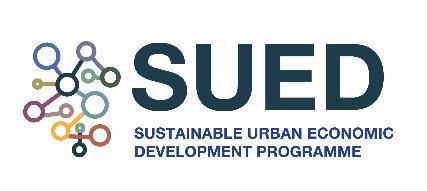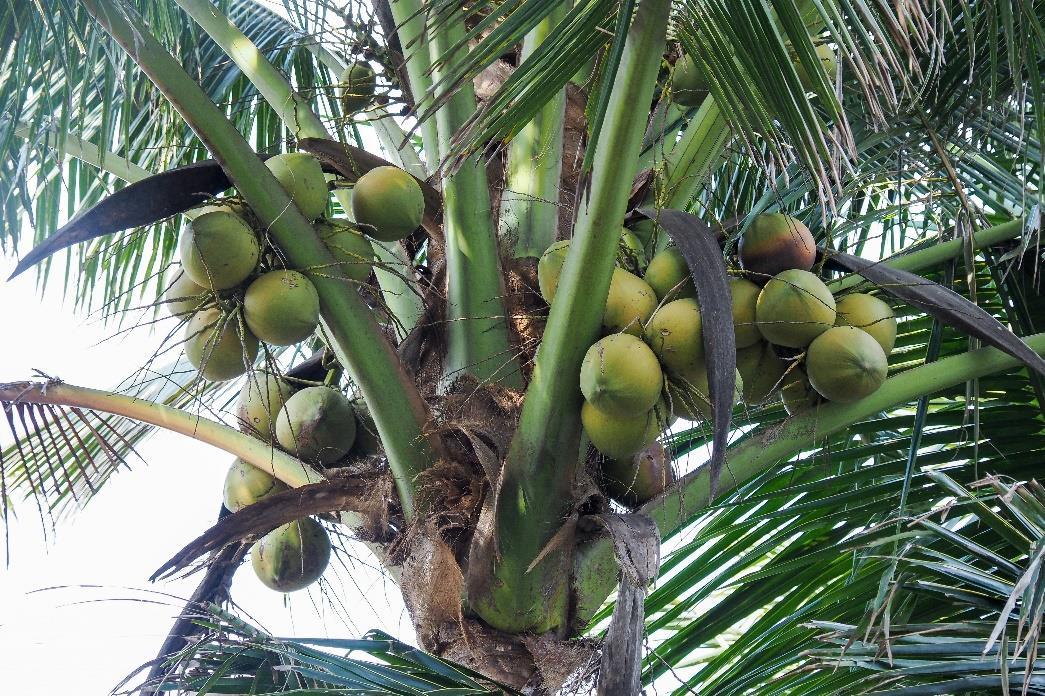






Kentaste’s First Steps in Lamu Are Seeding a Coconut
In the quiet town of Hindi, where coconut palms sway gently in the coastal breeze, a new chapter is unfolding—one that promises to transform Lamu’s agricultural landscape and empower thousands of smallholder farmers.
Kentaste Products Ltd has broken ground on a new facility in Lamu County. Backed by the UK Government funded Sustainable Urban Economic Development Programme’s seed fund and a bold vision for inclusive growth supported by the Lamu County Government, the project is generating excitement across farming communities.

Construction of the coconut chip processing plant began in mid-2025, with a Lamu-based team leading site preparation and early infrastructure works. Kentaste’s approach goes beyond bricks and mortar it’s focusing on building trust, capacity, and long-term resilience through local talent development by working with Lamu-based extension officers who are championing coconut tree planting
In partnership with the County Government, Kentaste has launched a farmer engagement campaign, distributing climate-resilient coconut seedlings and initiating training on Good Agricultural Practices (GAP). The goal is to regenerate Lamu’s aging coconut ecosystem and equip farmers for premium organic certification.
Over 1,000 farmers are planned to register in the coming year, with plans to reach 5,000 in three years
The facility will initially focus on coconut chips a high-margin, fast-growing product in global health-conscious markets. With simpler equipment and lower energy needs, chips offer a strategic entry point before scaling to oil, milk, and cream.
By the end of year one, Kentaste aims to process 700,000 coconuts, create 94 direct jobs, and source from 3,500 farmers. The anticipated ripple effects include new aggregation centers, transport jobs, and a revitalized local economy.
Kentaste’s model is rooted in sustainability. The facility will operate on solar power, recycle coconut shells into biochar, and implement zero-waste production. A dedicated nursery will produce drought-resistant varieties, while the nucleus estate will serve as a demo farm for regenerative practices.
According to SUED’s climate screening, the project is a model for agro-industrial resilience balancing commercial viability with environmental stewardship.
The Governor of Lamu County has expressed appreciation for SUED’s support in catalyzing transformative agricultural investments. “ We have been extremely thankful to the UK Government for their continual support in Lamu, we know that SUED backed projects are geared towards positively impacting our local communities” he said.
Lamu’s coconut story offers a replicable framework: start with strategic crop selection, build local capacity, and phase infrastructure alongside farmer mobilization. It’s a patient, inclusive approach one that centers community, climate, and commerce.